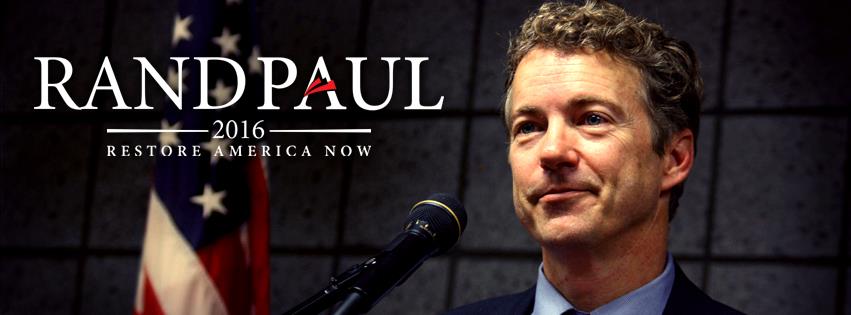Fed Chairman Bernanke called Ron Paul's allegation bizarre, but there is some evidence of heightened Fed secrecy in the Watergate years.
"At Congressional hearings, US Rep. Ron Paul (R) of Texas casually mentioned, in an exchange with Ben Bernanke, the rumors that the Fed somehow assisted in the Watergate coverup, and when Congress looked into it, they couldn't get the information. He offered this only as a passing illustration of how little Congress can actually know about what is going on at the Fed and hence the case for a transparency act. Bernanke was outraged at the suggestion, calling it "bizarre."
Just how secretive was the Fed during Watergate? Former Washington Post reporter William Greider in his book Secrets of the Temple tells of the Watergate era:
[Fed Chairman Arthur] Burns, for his part, tightened up on Fed secrecy. He abolished the long-standing practice of keeping verbatim minutes of the Federal Open-Market Committee meetings. These minutes were normally kept secret until five years had elapsed -- and were unlikely to embarrass anyone so long after the fact. Even so, they were the only record of who said what in the private policy meetings, the central bank's only decent accounting for history of how it had determined policy for money and credit. Arthur Burns discontinued the practice. In the future, the Federal Reserve's secret deliberations would remain secret forever. FOMC minutes were reduced to mere summaries of its meetings. (pp. 345-346)"
